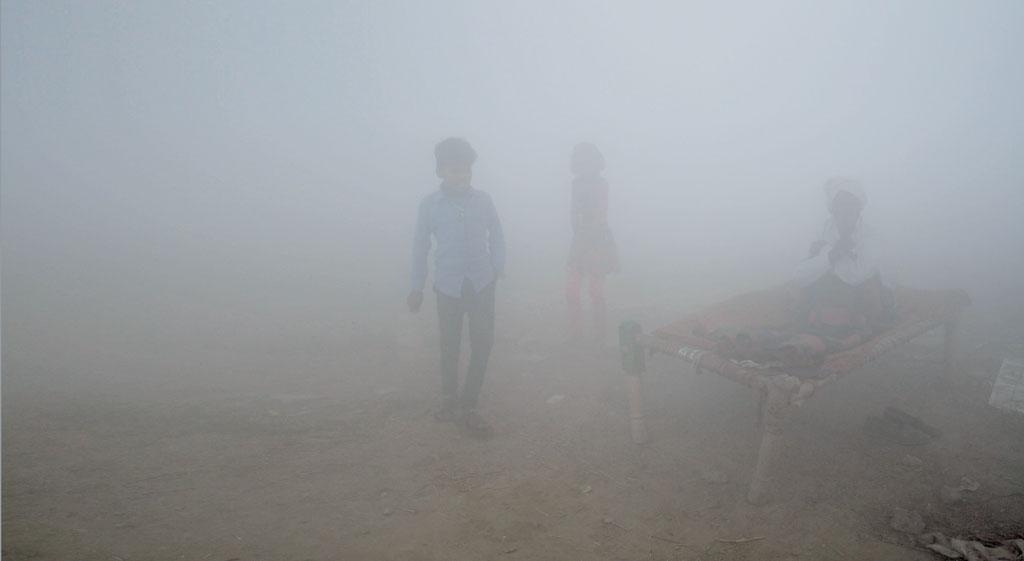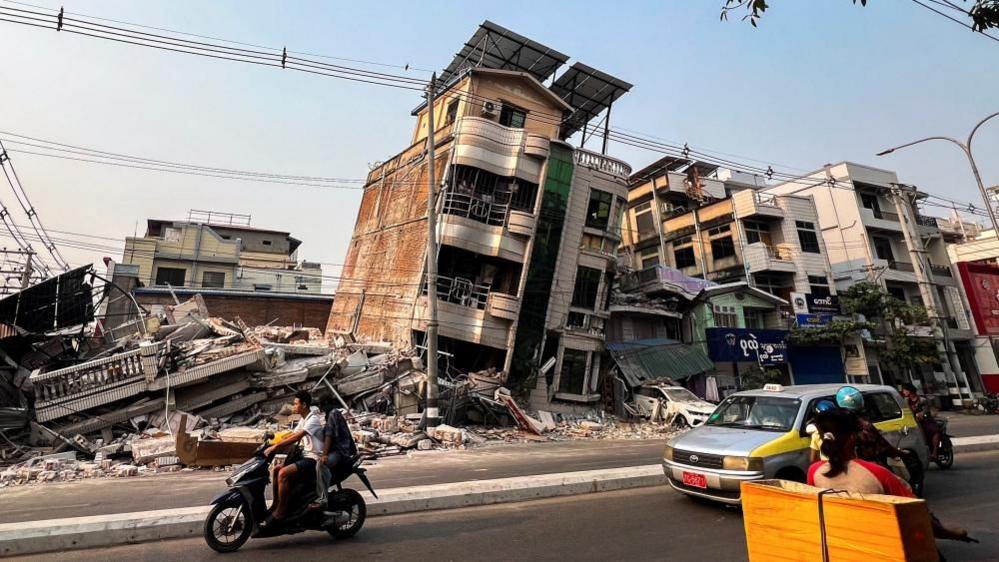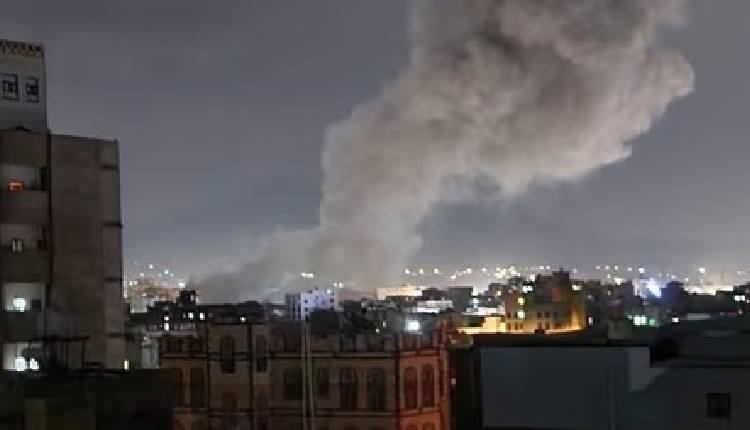Rising air pollution can cut life expectancy by more than 5 years per person in South Asian countries, says study
Wed 30 Aug 2023, 11:29:49

A study report has said that rising air pollution can cut life expectancy by more than five years per person in South Asian countries. The University of Chicago's Energy Policy Institute (EPIC) said in its latest Air Quality Life Index report, the region accounts for more than half of the total life years lost globally to pollution.
According to a study report published today, rapid industrialization and population growth have contributed to declining air quality in South Asia, where
particulate pollution levels are currently more than 50 percent higher than at the start of the century and now overshadow dangers posed by larger health threats.
particulate pollution levels are currently more than 50 percent higher than at the start of the century and now overshadow dangers posed by larger health threats.
The study said, people in Bangladesh, the world's most polluted country, stands to lose 6.8 years of life on average per person, compared to 3.6 months in the United States. The University uses satellite data to calculate the impact of an increase in airborne fine particles on life expectancy.
No Comments For This Post, Be first to write a Comment.
Most viewed from International
Most viewed from World
AIMIM News
Latest Urdu News
Most Viewed
May 26, 2020
Do you think Canada-India relations will improve under New PM Mark Carney?
Latest Videos View All
Like Us
Home
About Us
Advertise With Us
All Polls
Epaper Archives
Privacy Policy
Contact Us
Download Etemaad App
© 2025 Etemaad Daily News, All Rights Reserved.

.jpg)
.jpg)










.jpg)
.jpg)
.jpg)
.jpg)

.jpg)
.jpg)
.jpg)
.jpg)
.jpg)

.jpg)

















